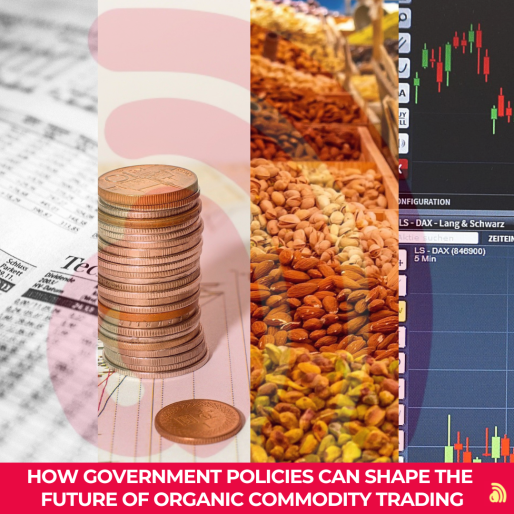In recent years, the global demand for organic commodities has surged, driven by increasing awareness of health and sustainability. However, despite Africa’s vast agricultural resources, the continent faces significant challenges in becoming a global leader. According to the African Development Report 2013 by UNCTAD link, Africa lost its agricultural trade dominance in the 1980s, when its imports of agricultural products outpaced exports.
At Agricome, we believe that proactive policy-making is key to unlocking growth in the organic commodities sector. Governments can drive this growth by:
- Establishing organic standards – Ensuring product quality and consumer trust through robust certification systems.
- Investing in infrastructure – Building roads, storage facilities, and processing plants to enhance efficiency.
- Supporting certification bodies – Making organic certification more accessible and affordable.
- Removing trade barriers – Negotiating favorable trade agreements to promote exports.
- Encouraging value addition – Implementing policies that promote value-added processing.
- Providing incentives that support long-term agricultural health.
By prioritizing these initiatives, Governments can position Africa as a powerhouse in the global organic market, driving sustainable development and economic growth.
What government policy would you like implemented to boost organic commodity trading?
Share your thoughts below!
